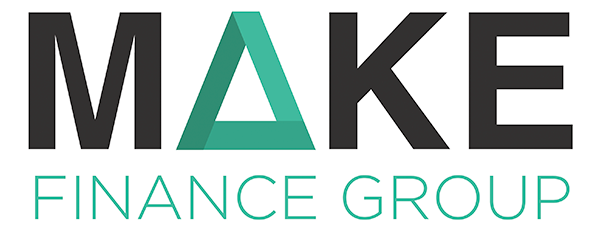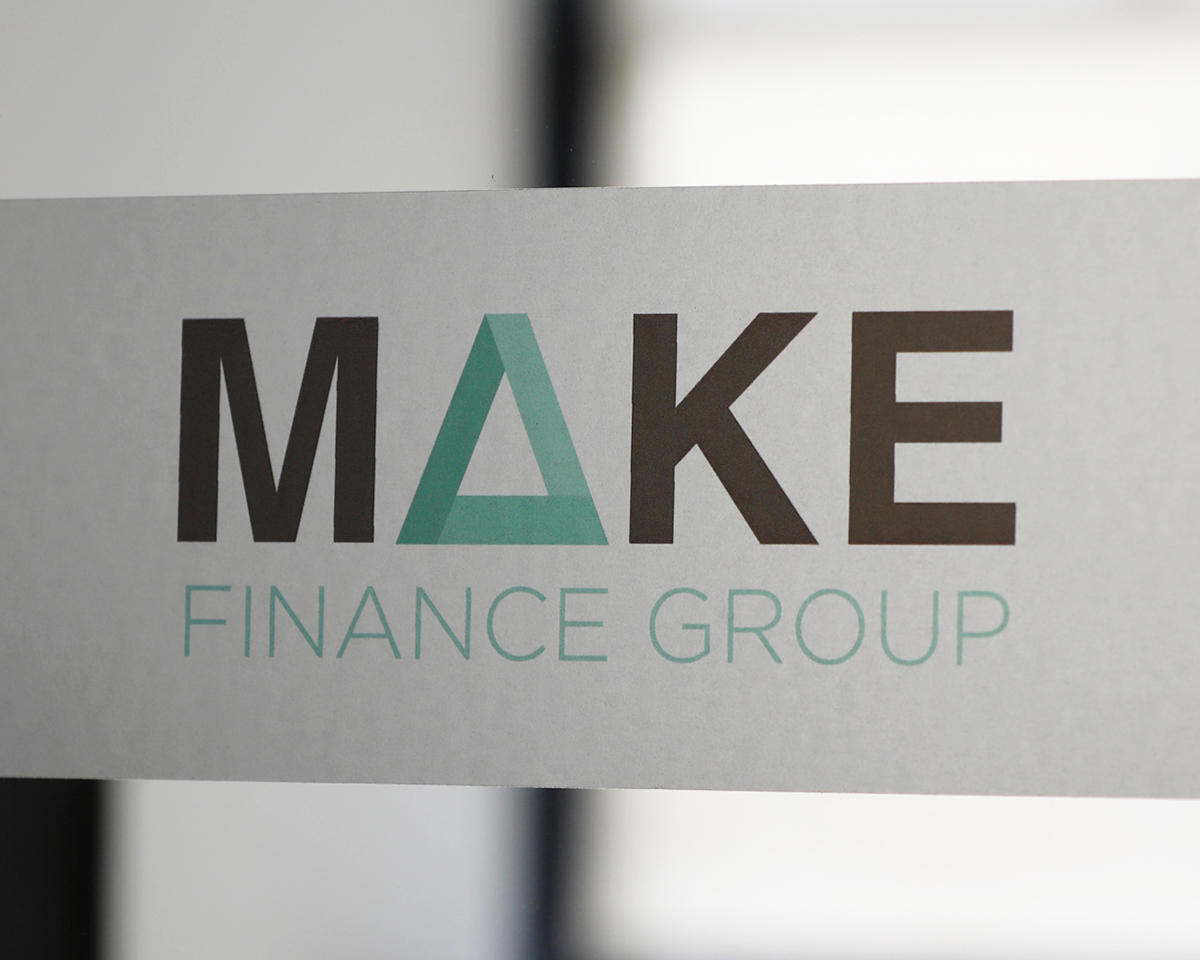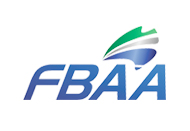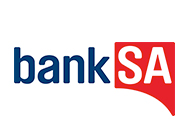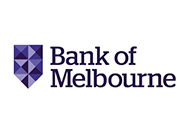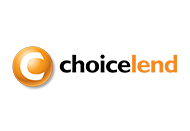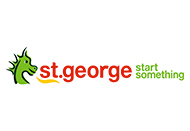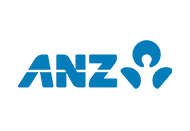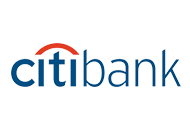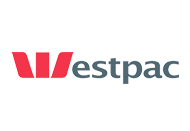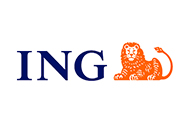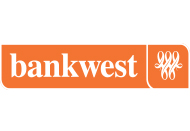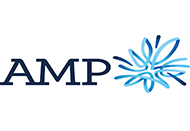Did you know that some mortgage brokers offer commercial and asset finance services to their business-owner customers? So, what is commercial and asset finance, and could it be right for you?
Many mortgage brokers can help with your home loan and your business loan. There are several types of commercial and asset finance, so make sure you know the differences. Then you can decide which one will suit you.
What is commercial finance?
Commercial finance is an umbrella term for different kinds of business loans. They’re designed to help manage your capital and cash flow.
Types of commercial finance
Business overdraft: Your financial institution allows you to overdraw your existing business account up to an approved limit. You can only access the overdraft after your own funds have been used. The lender charges interest on the overdrawn amount. Businesses often use overdrafts as small loans, usually to cover cash flow gaps.
Line of credit: A long-term arrangement between a business and a lender, where the business can access funds up to an approved limit. The business may borrow all or part of the money at any time, but only owes interest and makes repayments on the amount used. Accessibility and flexibility are key here.
Term loans: A business borrows money and repays the lender in set amounts over a set period. Good for businesses that like predictable repayments.
Commercial rate loans: Also known as business markets loans. A business borrows a single loan amount, which can be spread across a combination of components, such as floating rates, fixed rates and cap rates. This helps to protect against interest rate movements.
Cash flow finance: A way for a business to get cash before their customers actually pay. There are two common methods used by businesses:
- Invoice discounting is where a business accesses a percentage of their debtors’ unpaid invoices through their lender, and the lender uses the debtors as security.
- Invoice factoring is where the lender assumes responsibility of the business’s debt ledger and chases payments on its behalf.
Both attract a fee and are designed to service the cash flow gap between outgoings and income.
What is asset finance?
Asset finance includes a range of different loan structures that can help your business buy vehicles or equipment.
Types of asset finance
Chattel mortgage: Also known as an equipment loan. A business borrows money to purchase an asset. The business owns the asset outright, but the lender uses the asset as security until the business repays the loan. This frees capital and ensures the business has security against the loan.
Hire purchase: The lender purchases the equipment and rents it to the business. At the end of the term, assuming all payments are made, the business takes ownership of the asset. This is a popular way to spread the cost.
Finance lease: The lender owns the equipment and the business pays a hire fee for use. In some cases, the business may be able to purchase or refinance the asset at the end of the set term, which gives flexibility.
Operating lease: The lender owns the equipment and the business pays a hire fee for use. The business does not take ownership of the asset. The costs are deemed operational expenses.
Novated lease: A Novated Lease involves a three-way agreement between an employer, an employee and a lender. The Novated arrangement involves the employee leasing the vehicle directly from the lender. The employer will then agree to deduct lease rentals from the employee’s salary during the term of employment and to pay the rentals directly to the lender. The employee has the use of the vehicle for personal purposes.
Whether it’s cash flow or capital, businesses need money. It’s good to know there’s a loan to suit every business. Contact your mortgage broker for more information about commercial and asset finance.
This article provides general information only and may not reflect the publisher’s opinion. None of the authors, the publisher or their employees are liable for any inaccuracies, errors or omissions in the publication or any change to information in the publication. This publication or any part of it may be reproduced only with the publisher’s prior permission. It was prepared without taking into account your objectives, financial situation or needs. Please consult your financial adviser, broker or accountant before acting on information in this publication.
